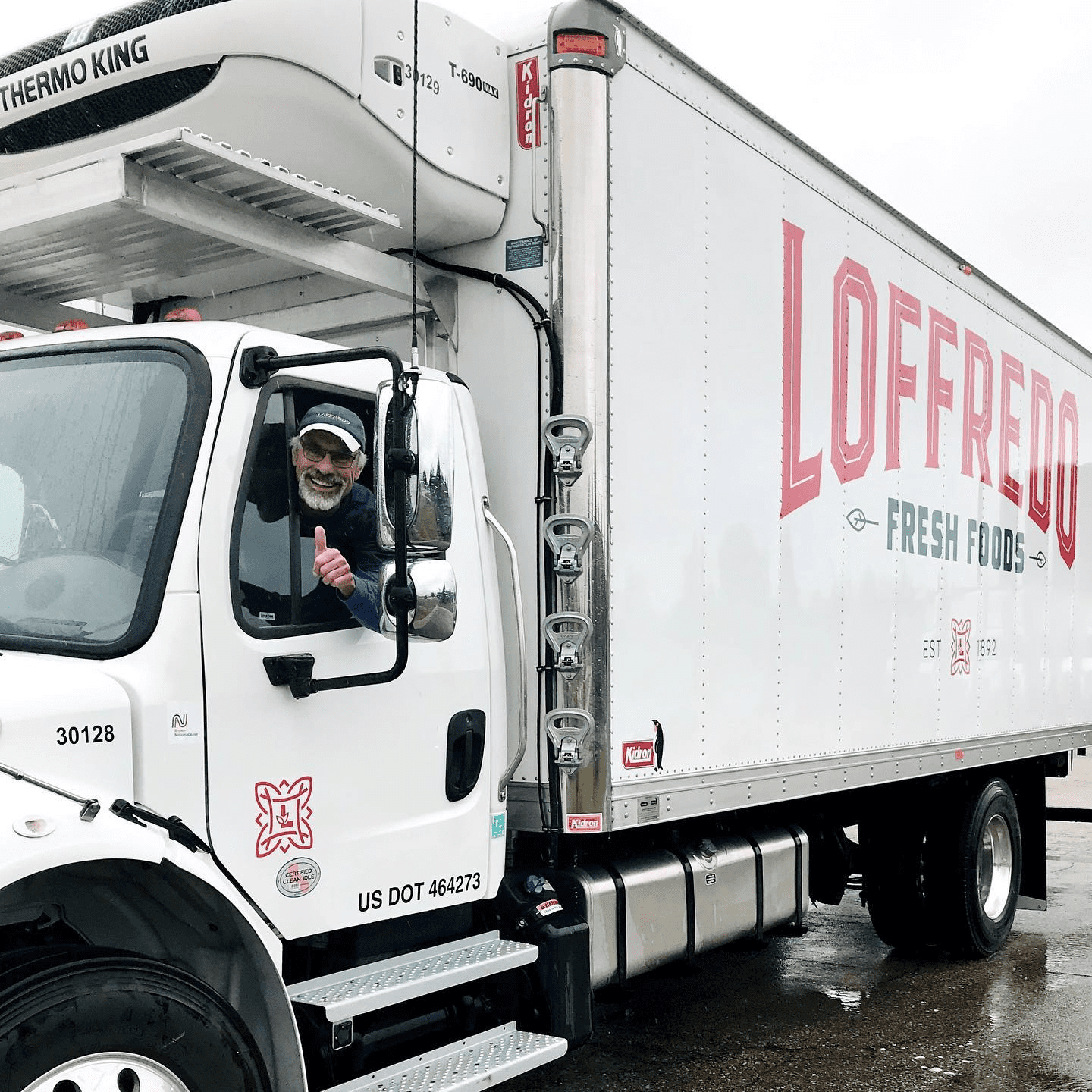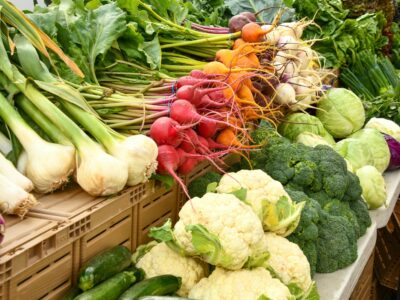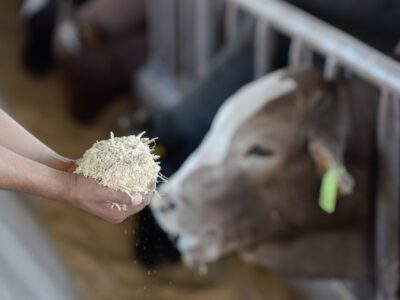The relief effort is made possible through the USDA’s Farmers to Families Foodbox Program, which approved Loffredo for a contract valued at $4,258.742 in the latest round
Loffredo Fresh Foods shipped more than 125,000 food boxes to families in need in North Dakota, South Dakota, and Iowa last month. The distributor will send at least 250,000 more boxes by the end of March.
The Des Moines, Iowa-based food distributor was awarded a contract, valued at $4,258,742, by the USDA for round five of its Farmers to Families Foodbox Program. With this contract, family-owned Loffredo assembled and shipped 125,875 boxes in February for hunger-fighting organizations. Company President and CEO Brian Loffredo confirmed in an interview with Garden & Health his company has just been authorized to distribute an additional 125,000 boxes in March.
The USDA’s Farmers to Families Foodbox Program is part of the $19 billion Coronavirus Food Assistance Program announced on April 17, 2020.
“Through this program, USDA’s Agricultural Marketing Service (AMS) is partnering with national, regional and local distributors, whose workforces have been significantly impacted by the closure of restaurants, hotels and other foodservice businesses, to purchase up to $6 billion in fresh produce, dairy and meat products from American producers of all sizes,” notes the USDA. “Distributors package these products into family-sized boxes, then transport them to food banks, community and faith-based organizations, and other non-profits serving Americans in need.”
The USDA says since the program’s inception, contractors have delivered a whopping 139,396,581 boxes containing fresh produce, milk, dairy, and cooked meats to those enduring tough times. The USDA has committed to purchasing up to $1.5 billion in food for distribution through the end of April.
Mr. Loffredo explained this is the second contract Loffredo has been awarded and the third time it has participated in the program.
“We did have a contract in the third round, which was last September and October.” He acknowledged. “At that time we were doing a partial amount of Iowa and every state that touches it, so we had about a nine-state region.” “We did participate in the first round, and it was through a partner company down in Oklahoma who got a huge award in the first round. They needed some help producing the boxes, and they happened to win some boxes up here in our neck of the woods around the Upper Midwest, so we were able to produce and distribute under their contract.
Apart from Iowa, Loffredo Fresh Foods serves other Midwestern states like Nebraska, Kansas, and Missouri. During the season, the company distributes food for several local farms including Lopata Gardens in Winthrop, Iowa, Deardorff Sweet Corn in Adel, Iowa, and Johnson Family Farm in Hatfield, Missouri.
In line with USDA requirements, each food box the company assembles weighs between 30 and 32 pounds featuring a variety of fresh fruits, vegetables, and dairy products, said Mr. Loffredo. A gallon of milk is distributed in or separate from the box. He also confirmed the company has transported 30,000 boxes a week to churches, nonprofits, and other hunger-fighting organizations for free.
“In our box, we have a three-pound bag of potatoes, a three-pound bag of apples, onions, and oranges right now,” remarked Mr. Loffredo. “We’re using a 12 [count] six-ounce yogurt and a block of cheese.” “As far as our protein, we’re using hotdogs or other sausage links, and a package of cooked chicken. The weight has to be 30 pounds, and our box typically comes in that 30 to 32 pound [range].” “The other component there is about an eight or nine-pound gallon of milk that gets us to the 30 to 32 pounds.”
Before Iowa’s off-season, Loffredo partnered with some local suppliers for produce. The distributor continues to receive milk from large, local vendors such as Des Moines-based Anderson Erickson and Prairie Farms Dairy.
“There’s just no better program that we’ve ever seen that has fulfilled that desire that we have [to combat hunger], and because of how well it maps to what we want to do and how we want to affect our communities, it really makes our employee base and team associates really excited,” said Mr. Loffredo. He added the program has allowed the company – which employs about 470 people – to keep a lot of staff in work throughout the pandemic.
According to Feeding America, North Dakota, South Dakota and Iowa had food insecurity rates of 6.8 percent, 10.8 percent, and 9.7 percent respectively as of 2018. These numbers have likely surged with rising unemployment rates and unprecedented demand for food banks nationwide during the Covid-19 pandemic.
One of the nonprofits Loffredo has partnered with is Eat Greater Des Moines, which receives and then distributes food boxes out to smaller organizations in the area.
“Now we are accepting two semi loads of boxes every week, so a little over 2,300 boxes. And then we have a little over 50 organizations that come by and pick up the boxes,” said Eat Greater Executive Director Aubrey Alvarez in an interview. Alvarez runs the operation with the help of volunteers and paid drivers.
“To be able to move over 2,000 boxes a week to organizations is a really big lift for our organization – but we have done it, and we continue to do it because it’s important,” she emphasized.
One beneficiary of those boxes is Zuli Garcia’s nonprofit – Knock and Drop Iowa. Aided by volunteers, Garcia delivers the food boxes from Eat Greater and additional donations to the Des Moines area’s Latinx community with information in Spanish. This has supported parents who are hesitant to seek help due to the language barrier.
“I’ll always get messages saying “God bless you,” thank you for being there for us,” said Garcia, who launched Knock and Drop in March 2020 to help families during the pandemic.
By the end of 2020, Knock and Drop serviced more than 10,000 families and continues to service between 150 to 200 families a week. Thanks to the USDA and Loffredo farms, many organizations like Garcia’s and Alvarez’s will continue to keep families fed.
“I’ll get a message from a child that says thank you for my pizza today, or thank you for my milk today,” shared Garcia. “No child should go to bed hungry – no child should think “I’m going to eat my cereal with water.”





